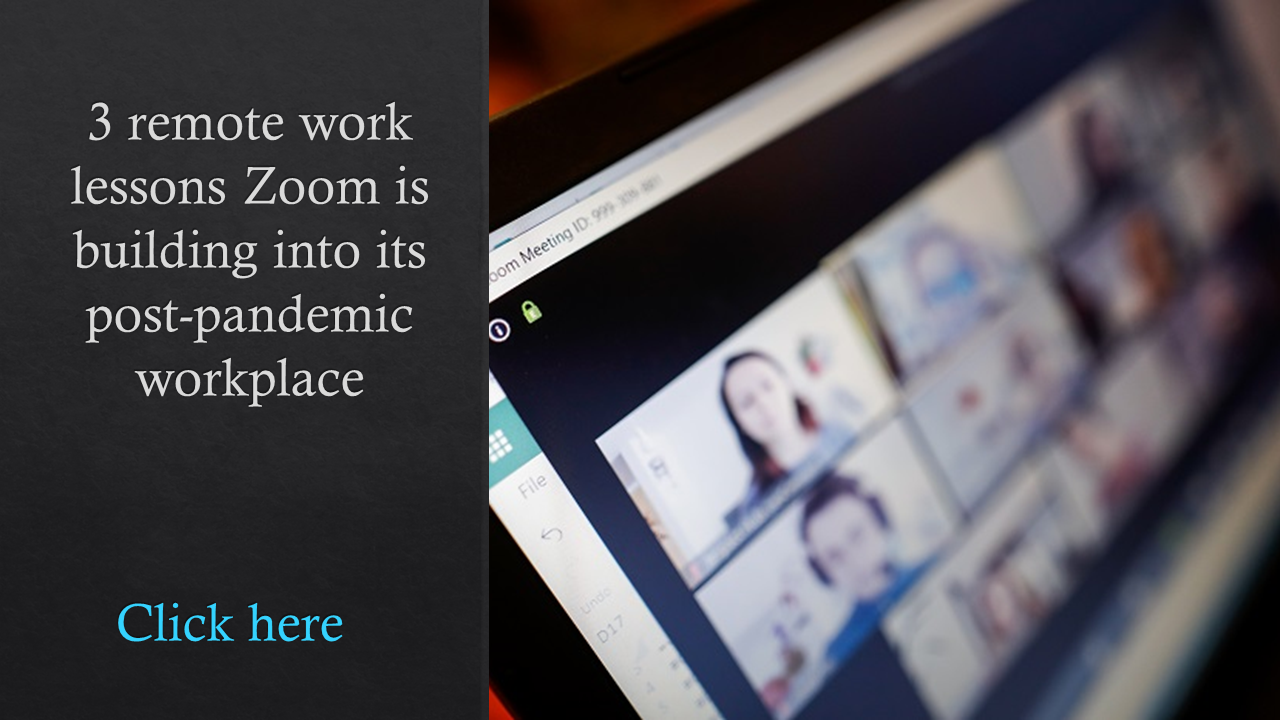As the chief people officer for Ensono, the mainframe and cloud computing IT service provider, Meredith Graham oversees 2,700 employees in the U.S., the UK, Germany, Poland and India. When COVID-19 hit last year, her work didn’t not slow down: She not only onboarded hundreds of new employees, she made some changes to retain IT workers who became a hot commodity in the pandemic and are leaving for greener pastures.
HRE recently spoke with Graham about how her global IT firm handles a hybrid workforce, tracks employee vaccination status and why the Great Resignation is particularly challenging for IT companies.
HRE: What are you currently using in terms of HR technology? Have you rolled out any new technology in the past year?

Meredith Graham
Graham: No, we really haven’t. We use Workday as our HRS system, so we’ve definitely made upgrades and improvements to it but we haven’t necessarily bolted anything else onto it.
HRE: Have you hired new employees during the pandemic? Are you in a hybrid work situation?
Graham: We are. We’ve onboarded over new 700 associates globally and we’re primarily remote right now. We do have voluntary work [where people can] come into the office, which I’m doing right now, but we only have maybe 60 associates globally out of the 2,700 coming into the offices on a regular basis. We have three office buildings in the U.S. and we’ve hired a lot in India, but we also have some workers in Poland, Germany and the UK.
HRE: How’s the remote work going?
Graham: It’s actually going well, surprisingly. We were a bit worried, particularly in India where a lot of the infrastructure isn’t that great, but it’s been actually working out very well. Throughout the entire pandemic, we haven’t had any sort of hiccups—knock on wood—or any sort of problems. And the nice part is there’s a bit of a redundancy, so if somebody’s power or Internet goes down there would be somebody else that would be able to handle it.
HRE: Are you using any vaccine tracking applications to monitor the status of your employees?
 Graham: We are in the U.S. We’ve asked everyone to upload their vaccination cards into Workday and then we can verify.
Graham: We are in the U.S. We’ve asked everyone to upload their vaccination cards into Workday and then we can verify.
HRE: Is Ensono experiencing the so-called Great Resignation? If so, how are you addressing workers leaving?
Graham: Yes, we are seeing a slight uptick particularly during COVID. Pre-COVID there weren’t very many people leaving. Now that stuff is getting a little bit better, we’re starting to see an increase in resignations, and the primary reason in the tech market is compensation. I have to say the supply and demand are just completely out of whack. Since COVID, the demand for tech workers has just skyrocketed, and keeping up with the compensation has been kind of difficult.
HRE: Are you offering bonuses or increases in pay?
Graham: We’ve proactively adjusted some people’s pay if they were kind of out of whack with the market and offered retention payments to some particularly niche skills and really hot IT jobs. Public cloud [skills] is one of them and there are just some niche mainframe skills that are just very difficult to find. The market for those is very hot right now.
HRE: Do you provide upskilling and reskilling for employees?
Graham: Yes. A big reason for people leaving is career development and career advancement. We definitely are looking at different tracks for that. One of the things that I would like to use is a technology tool where it’s more of a self-service tool. Right now it’s a lot of the one-on-one conversations around what would you like to do, and then send [the paperwork], and then have the manager send them down that career path.
I’d like to have a tool that’s more of a self-service [where] I’m in this role today and I want to be into this role over here or over there.
HRE: What about upskilling?
Graham: We have certification programs. In the mainframe world, we have the great retirement. We’re definitely providing training in mainframe to younger people and bringing them on board. Public cloud certifications are very hot right now. So we have a public cloud academy, where we’re upskilling in those areas and moving engineers into public cloud and allowing them to transition into those hot IT roles.
HRE: What about the internal marketplace? Do you have technology for hiring people within your organization?
Graham: Definitely. We attempt to keep a database of skills and certifications in Workday. It hasn’t been that successful. We need a technology tool that can do that to make it easier.
HRE: Are you interested in using tech to fight bias when recruiting new talent?
Graham: We’re starting to look at bolt-on tools like applicant tracking systems and AI tools that can look at tracking systems to take out those biases. If you have any recommendations, I would love to hear them.
 HRE: Do you have a technology wishlist? Do you have any HR challenges that you wish a tech firm could magically solve?
HRE: Do you have a technology wishlist? Do you have any HR challenges that you wish a tech firm could magically solve?
Graham: One of my biggest headaches right now is just the talent acquisition side. The market has changed so dramatically because of the supply and demand. You have to move fast and it’s very unique in the U.S. to the point of people are having multiple offers and they will even sign an offer letter, and in two weeks, they’ll have multiple offers and they’ll drop out after they signed that offer, which is just very unusual.
So getting a tool or Workday investing in their recruiting tool to really help people accelerate the onboarding process is just key and very important right now.
HRE: We’re seeing people leaving jobs but when there are job openings, there are hundreds of resumes that are submitted. What’s going on?
Graham: I can tell you [that] the qualified candidates are few and far between versus the number of resumes that we’re seeing.